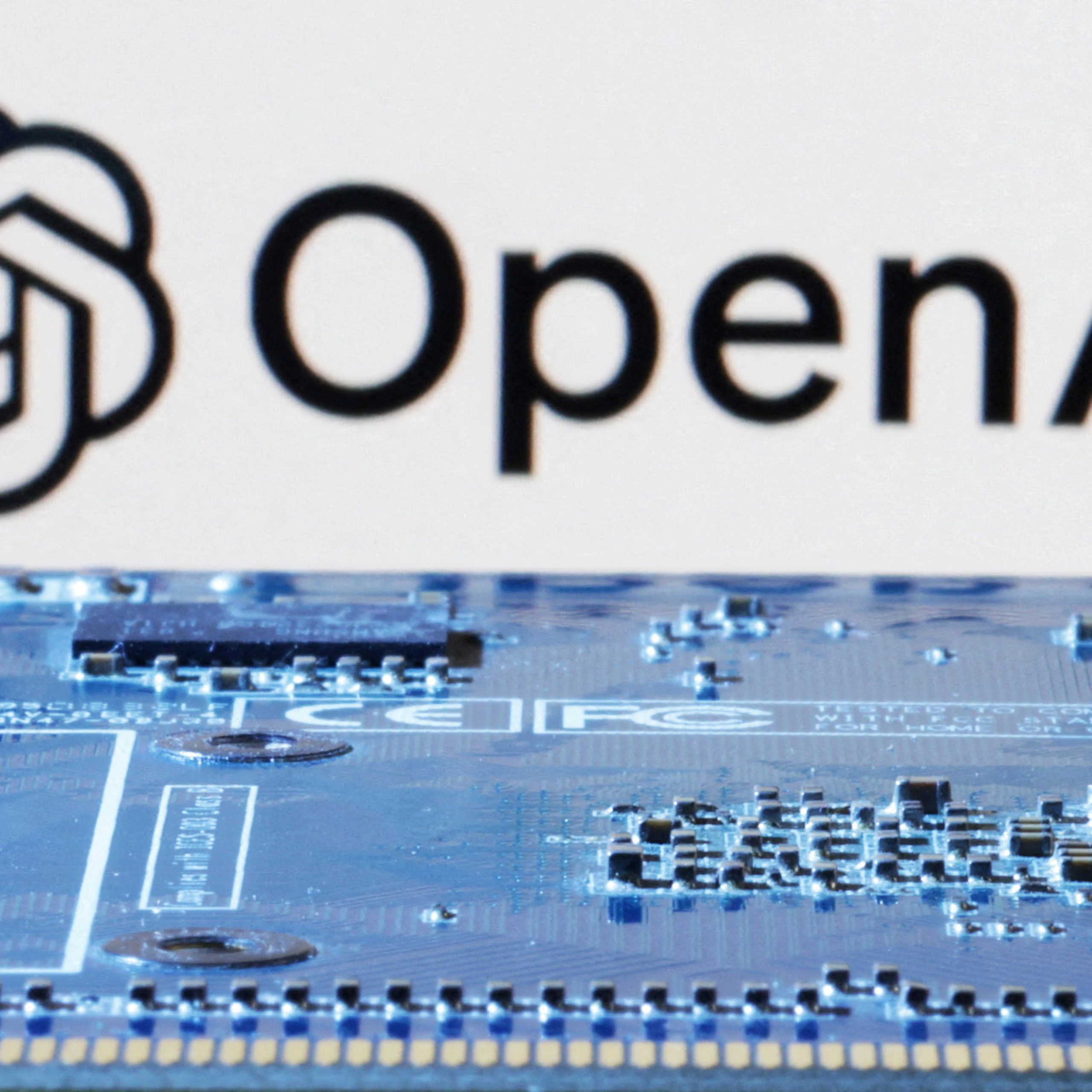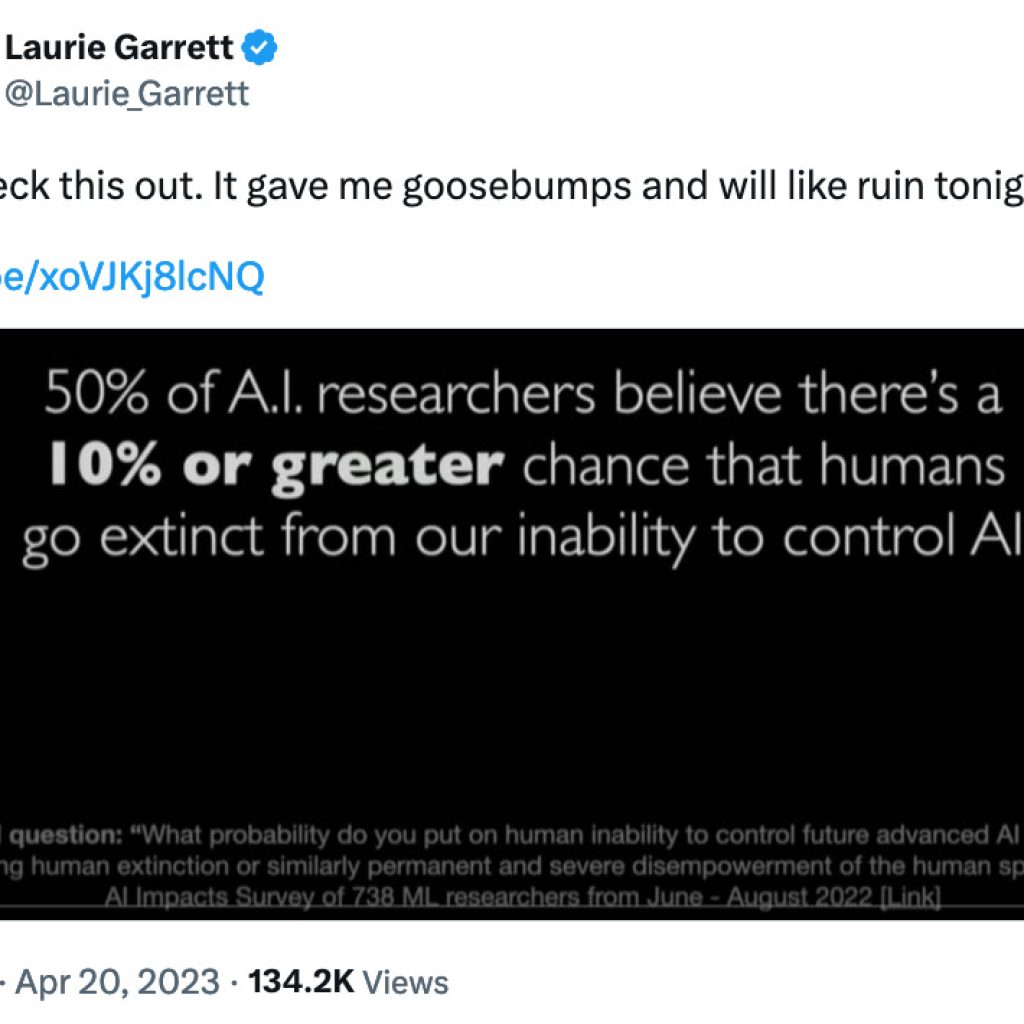OpenAI is planning to announce the launch of its search product, which will be powered by artificial intelligence, on Monday, which is set to escalate its competition intensity with rival Google, who is the dominant player in the search game.
Market observers expect an OpenAI search product
The announcement date can change depending on various reasons, but it is something that has not been reported previously. However, there were assumptions by market observers for a possible debut of OpenAI’s search engine on May 9 as noted Tom’s guide, which is now expected on May 13.
OpenAI, which is heavily backed by Microsoft, was reported by The Information and Bloomberg to be working on a search engine to compete with Perplexity, which is also an AI search startup and is well financed and valued at $1 billion, and the search market behemoth Google.

The new search tool will also enable ChatGPT, which is the flagship product of OpenAI, to include citations in its output results, as it will enable it to fetch information from the web and will be an extension of ChatGPT.
ChatGPT is the chatbot of the company and is the largest shareholder of the chatbot market globally. It uses OpenAI’s high-end AI models to produce human-like responses to questions asked by users in prompts.
Google and Perplexity are also playing in the same field
Microsoft’s Bing is already utilizing ChatGPT for its AI functionalities. The partnership between the two companies provided web search access to OpenAI, and in return, Microsoft got its hands on the most advanced LLM, but Bing cannot be called an entirely AI-powered search engine as the option works as an add-on.
OpenAI’s chief executive officer, Sam Altman, was also eyeing the idea of AI-powered search, as industry analysts were also expecting a mix of large language models and search to be a killer combination, but apps like ChatGPT have always struggled with providing accurate and up-to-date information. Altman also considered the idea of developing a search engine in an interview with Lex Fridman.
Their ability to fetch new information is limited by the time when the model was trained last, so it
lacks the ability to generate almost real-time information like a search engine, for example, Google, Bing, or Yandex. On the other hand, Perplexity serves 10 million users on a monthly basis as an AI search interface, and it also provides citations in the context of its text results for queries along with images. Perplexity was also founded by a former OpenAI employee.
OpenAI previously provided ChatGPT plugins for updated information, but they were not for layman users and were more focused on developers. The service was withdrawn in April. The company is usually under pressure to broaden its user base as traffic to its main website has seen ups and downs, but revenues from corporate deals have been increasing, which makes the service sustainable. And at the time of its launch, ChatGPT was considered the most fastest growing application, as it reached 100 million users in record time.
On Tuesday, Google’s I/O conference is starting, which is an annual event where the company is expected to debut a range of its AI offerings, so it is expected that OpenAI may make the announcement a day ahead on Monday.





